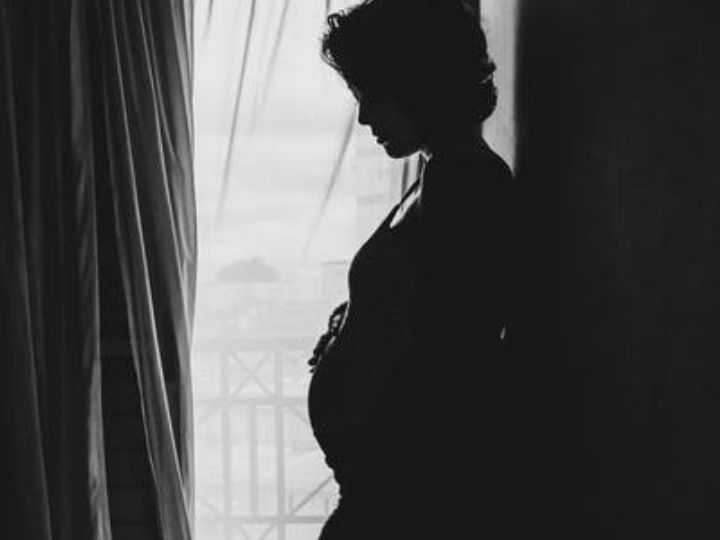

If past natural disasters have taught us anything about their effects on pregnant women and developing babies, it is to pay close attention, for the added stress will surely have an impact on them. Amanda Venta, associate professor of psychology at the University of Houston, is sounding that alarm as it relates to the COVID-19 pandemic in a newly released study published in Child Psychiatry & Human Development.
“There is strong evidence to suggest that the coronavirus pandemic will affect mothers and infants through immune pathways that, in previous research, have been shown to link stress and social isolation during the pre- and post-natal periods with deficits in maternal mental health and infant well-being and development across developmental stages,” reports Venta.
Research is clear about the link between the mind and body and maternal stress having toxic inflammatory effects on both mothers and infants.
“A pregnant mom’s immune system translates to her baby, so when she releases inflammatory cytokines, which can be in response to stress, those get passed to the baby both before birth and through breast milk,” said Venta. “When we see elevated inflammatory cytokines in babies, we know there is increased risk for later developmental problems.”


One of the studies Venta used in her summary was “Project Ice Storm,” which examined effects of in utero exposure to varying levels of prenatal maternal stress resulting from the 1998 Quebec ice storm, which left millions of people without electricity for up to 40 days. Follow-ups with children until the age of 19 showed significant effects on temperament, behavior, motor development, physical development, IQ, attention and language development.
And though there is no current data yet linking mothers’ stress during the COVID-19 pandemic to infant outcomes, now is the time to start taking stock, according to Venta.
“We know that when moms are socially isolated it increases stress. We need to do something from a research standpoint, and we need to do things differently clinically. When moms are supported by their partner, family and friends, or even their doctor, those kinds of social relationships can reduce inflammation,” said Venta, who speaks from the trenches. She is five months pregnant and her Ob/Gyn has yet to ask if she is isolated, stressed, or feels supported– questions that are currently far outside the standard of prenatal care.
The report concludes that research on the psychological and biological cascades of stress and social isolation on mothers and infants is needed immediately and recommends specific areas for future research:
- Assess infant developmental and maternal mental health outcomes during COVID-19 and in the aftermath
- Examine mechanisms of resilience and risk
- Pilot interventions for immediate use
“We must move quickly to understand the risk of long-term adversity for these families and, relatedly, identify protective factors that can be leveraged to mitigate the catastrophe of adverse outcomes for this birth cohort,” said Venta.

